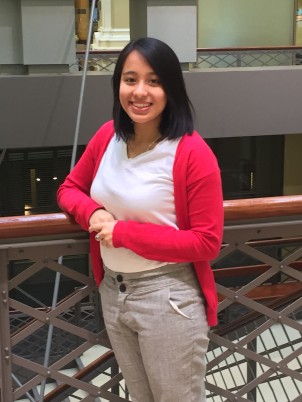Interfaith Dialogues Challenge Bias and Foster Respect
Mar 4, 2015
On February 11, the shooting of Deah Barakat, Yusor Abu-Salha and Razan Abu-Salha in Chapel Hill, North Carolina created a ripple across the world. The murder of the three students sparked a nationwide debate about whether the crime was hate motivated. While people in communities across the country wait for the trial’s final verdict, the conversations surrounding religious hate crimes highlight the importance of strengthening interfaith dialogues that can help foster respect, interrupt unconscious biases and form more inclusive communities. Just like other areas of diversity such as race, sexual orientation, or gender identity, religion is a significant aspect of people’s values, perspectives, and lived experiences every day. Creating discourse around diversity and inclusion not only challenges us to think about our prejudices and biases, it also fosters respect and an understanding of those who are different from us.
As the United States continues to become more and more diverse, religions and cultures will encounter each other on a daily basis. Individuals play a vital role in actively engaging in productive dialogue to achieve peace and understanding in their communities. Interfaith dialogue among those of many faiths and non-affiliated individuals can challenge biases and stereotypes or simply provide insight into the lives of someone whose practices and culture are vastly different. Religion not only defines a set of beliefs and values, it also highlights people’s histories, their music, food, language and many other aspects of their culture.
Diversity Awareness Partnership works to create opportunities for dialogue built on respect and learning through trainings, programs and educational resources such as our Interfaith Calendar, which focuses on promoting awareness and understanding of the many religious practices in our community and the world. We hope that through these honest and positive conversations there is a better understanding on how our diverse beliefs enrich people’s lives and a better understanding on how to value diversity and make our homes, workplaces and schools more inclusive.

Biva Rajbhandari , Community Engagement Intern
- « Previous Post: As society progresses, racial acceptance should, too
- » Next Post: Rams Blitz: Student Leaders Become Diversity Inclusion Champions